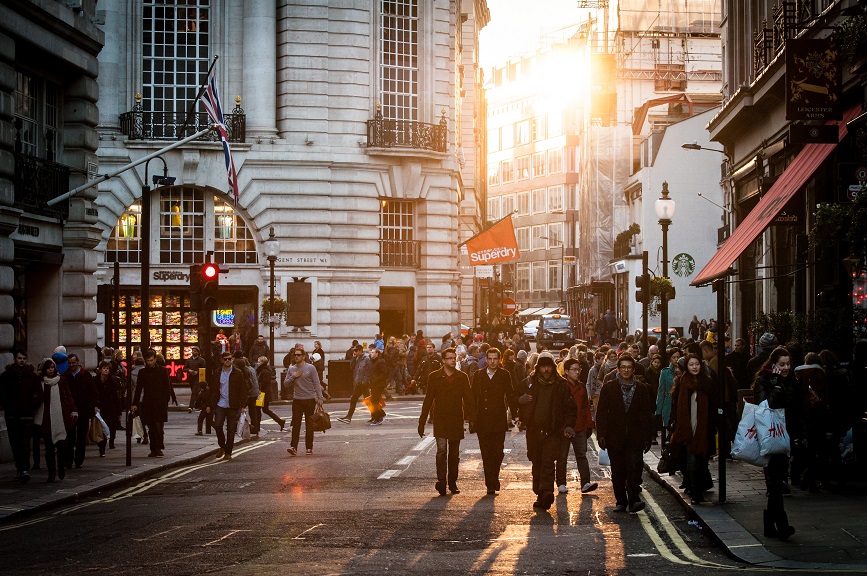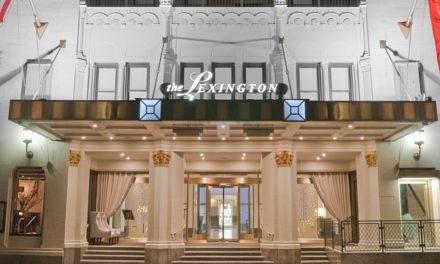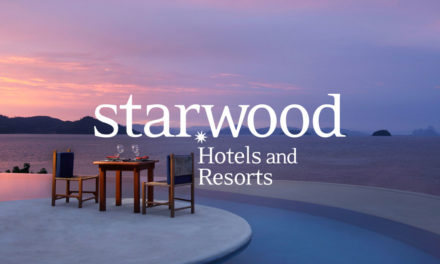Premise
Expedia conducted a study in late 2013 to examine worldwide attitudes of business and leisure travelers, segmenting responses by age group. It has a particular focus on Millennials, categorized as those born between the early 1980s and mid 1990s, of which I am a part. Much of this is nothing new, but I wanted to call out some interesting facts regarding what they called the “traveler of the future”.
Millennial focus and responses
As you might imagine, much of what you may know about the millennial generation in regards to adaptability and technology holds true. They plan and book travel via smartphone much more than any other group, with nearly half agreeing to this. They also rely heavily on their devices to make judgments and “inform on their journey”, per the study.
Many conclusions are similar to my own experience: I book and research using my smartphone, and I value on-board and functional hotel wi-fi highly.
Additionally, compared to the age group of 30-45 and 46-65, millennials travel slightly more for business and leisure annually, and are much more likely to tack on leisure to business trips (as I have).
One of the most interesting points is around brand loyalty. Only 11% of millennials say they don’t have travel rewards points compared to 21% of 46-65 year olds. Keep in mind that the older age groups have been travelling for a longer duration, but perhaps do not keep up or are not as integrated with their technology.
Overall, the study suggests millennials value flexibility, loyalty, and technology in travel at a small to medium amount more than their predecessors. Thus, businesses must act and adapt swiftly to the changing preferences of this burgeoning consumer base.
Business Response
Businesses are already adapting to this group and its focus on experience and authenticity. For example, company marketing efforts are changing from the traditional sights to the more cultural aspects and activities such as scuba-diving, or music festivals and foodie highlights.
This makes a lot of sense, with the growth of tech apps such as HotelTonight and companies such as AirBnb promoting a more “authentic” travel experience, companies need to change their way of thinking to stay relevant.
Future
Expedia summed it up quite nicely:
The Future of Travel will be collaborative, co-curated, fluid and flexible and highly personal. This is very much a do-it-yourself lifestyle, where travel can be inspired, planned and booked with a few clicks on a personal device; where a trip is not a trip unless it is both fulfilling and experiential, and shared across social networks before, during and after.
For those who may not be as familiar with flexibility or sharing, this may come as a shock. But, the generation of millennials continues to grow and acquire wealth. Their purchasing power will similarly grow, as a share of travel industry business.
Conclusion
In conclusion, millennials will be driving the future of travel. A few points also stood out to me – especially the loyalty one! I am not sure why a larger percentage of older travelers do not bother with points programs. Perhaps they can afford not to. Perhaps they lack the time to learn about it or have sufficient money to pay full price. The future belongs to those who seize it, and I am sure millennials in travel will continue to refine their tastes and push businesses to the next level. Lastly, I would highly recommend travelers to take a quick skim of the study. It is short and easy to digest, and an interesting read.
Featured image from Unsplash of what I assume are millennials milling about. Probably thinking about their next travel plans or big life goals!
What do you think of my musings? Let me know in the comments, or reach me directly at TheHotelion@gmail.com! Like my posts? See more here, on TravelUpdate! Follow me on Facebook (The Hotelion) or on Twitter and Instagram: @TheHotelion







Thanks to the millennials, some hotels removed work desks because millennials “don’t need them” and replaced it with a sofa/tray table thing.
travel-brilliantly.marriott.com /our-innovations/ hotel-room-of-the-future
http://www.wsj.com/ articles /bill-marriott-where-hotels-are-going-1405716717 quotes: Marriott has also redesigned hotel rooms in its newer brands based on
what customers want today. Millennials live out of their suitcases, Mr.
Marriott says, so the company has made closets smaller and TVs and
bathrooms bigger. It has gotten rid of in-room desks in many hotels.
Oh interesting – I still value a desk, but find it quite weird when there aren’t any! Thanks for the heads up
For me, it really depends on the layout of the room. Some dated rooms have these huge desks that takes up a lot of space. In that case, I’d take the space over the desk.
Also, it depend on the travel needs. If I am traveling for leisure, I rarely have a need for desks and don’t carry my laptop. For business travel, that’s a different story. I’ll need a desk to work on. 🙂